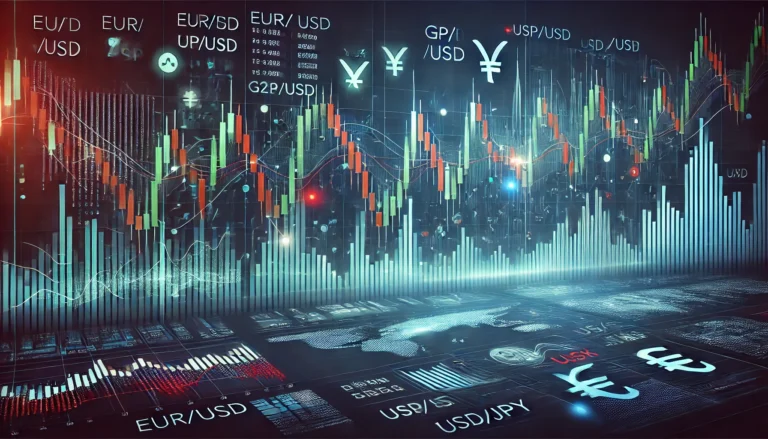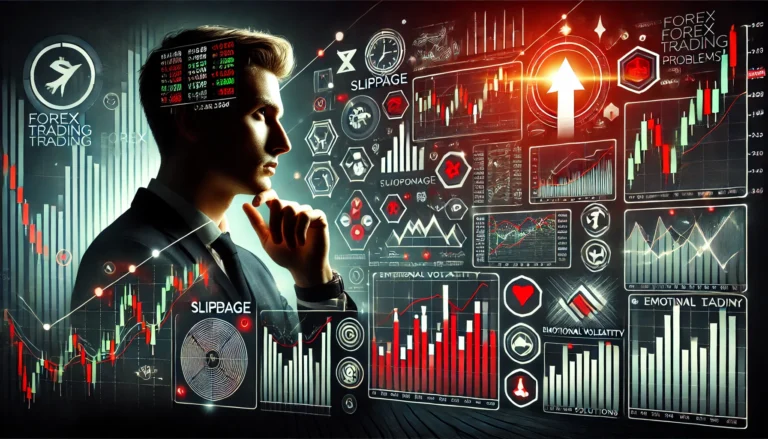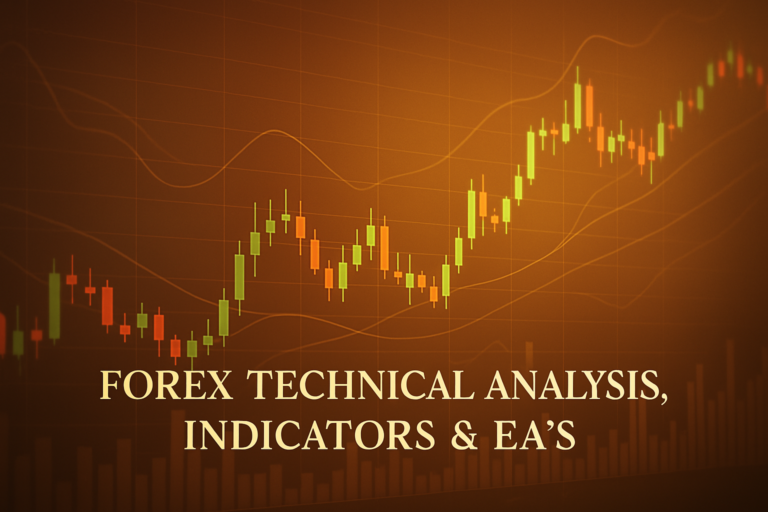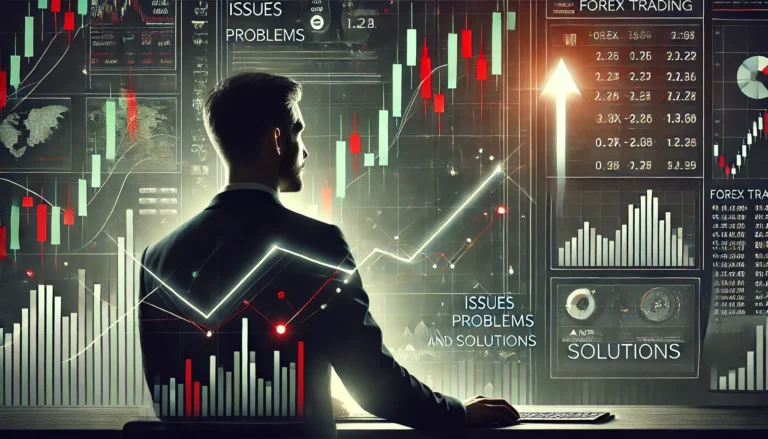
Forex trading can be both exciting and profitable, but it requires knowledge and practice to succeed.
Forex trading is the act of buying and selling currencies with the hope of making a profit. It’s like a global market where traders exchange money from different countries. Imagine you are traveling to Europe, and you need Euros. You would exchange your US Dollars for Euros. In forex, traders do this on a much larger scale, often buying and selling currencies multiple times a day. This market is huge, with trillions of dollars traded every day, making it an exciting place for traders.
However, many traders, whether beginners or professionals, struggle with forex trading. The market can be unpredictable, and even seasoned traders can face challenges. They often find it hard to understand market trends, manage risks, or develop effective strategies. This confusion can lead to losses, which is why learning about forex trading is so important. By understanding the basics and applying effective strategies, traders can improve their chances of success.
One common issue in forex trading is “slippage.” This occurs when a trade is executed at a different price than expected, often due to market volatility. For example, if you place an order to buy a currency at a specific price, but the market moves quickly, you might end up buying at a higher price. To learn more about slippage, check out this detailed guide.
Understanding the Forex Market
Forex trading can be complex. One of the main issues traders face is understanding how currency values change. Currency prices fluctuate due to various factors like economic indicators, political events, and market sentiment. For example, if a country releases strong job numbers, its currency might strengthen, while a political crisis can weaken it. Understanding these factors is crucial for traders.
Market-related reasons also play a significant role. For instance, during major news releases or economic reports, volatility can increase, leading to rapid price changes. Imagine you are trading the Euro against the US Dollar. If there is a surprise announcement from the European Central Bank, the Euro might suddenly rise or fall. This unpredictability can be challenging for traders, especially if they are not prepared.
Pro’s and Con’s for Forex Trading
Forex trading has its advantages and disadvantages. Let’s break them down:
- Pro: High Liquidity – The forex market is highly liquid, meaning you can enter and exit trades easily.
- Pro: Accessibility – You can trade forex from anywhere in the world with an internet connection.
- Con: High Risk – The potential for high returns also comes with high risk, and traders can lose money quickly.
- Con: Complexity – The forex market can be complicated, and beginners may find it hard to understand.
Step-by-step Solutions to Resolve Forex Issues
To mitigate problems in forex trading, follow these steps:
- Educate Yourself: Take time to learn about the forex market, including its terminology and mechanics.
- Use a Demo Account: Practice trading without real money to gain experience and confidence.
- Develop a Trading Plan: Create a strategy that outlines your goals, risk tolerance, and trading style.
- Stay Informed: Keep up with economic news and market trends that could affect your trades.
Best Practices for Future Trades
To avoid issues in the future, consider these best practices:
- Set Realistic Goals: Don’t expect to become rich overnight. Set achievable targets.
- Use Stop-Loss Orders: Protect your investments by setting limits on losses.
- Control Emotions: Avoid making impulsive decisions based on fear or greed.
For tax-related matters, don’t forget about tax return envelopes. Keeping your financial documents organized is crucial for managing your forex trading taxes.
Frequently Asked Questions
1. What is forex trading?
Forex trading involves exchanging one currency for another. Traders aim to profit from changes in currency values. For example, if you think the Euro will strengthen against the US Dollar, you would buy Euros and sell Dollars.
2. How do I start trading forex?
To start trading forex, choose a reputable broker, open a trading account, and fund it. It’s advisable to practice first on a demo account to learn how to trade without risking real money.
3. What is leverage in forex trading?
Leverage allows traders to control larger positions with a smaller amount of capital. For example, with 100:1 leverage, you can trade $100,000 with just $1,000. While this can amplify profits, it also increases risk.
4. What are the best strategies for forex trading?
Some popular forex strategies include scalping, day trading, and trend following. Each strategy has its pros and cons, so it’s essential to find one that suits your trading style and risk tolerance.
5. How can I manage risk in forex trading?
To manage risk, use stop-loss orders, diversify your trades, and only risk a small percentage of your capital on each trade. This way, you protect your capital and avoid significant losses.
6. Can I trade forex part-time?
Yes, many traders trade forex part-time. The market is open 24 hours a day, allowing for flexibility. You can set your trading hours based on your schedule.
7. What tools do I need for forex trading?
Essential tools include a reliable trading platform, economic calendars, and charting software. These tools help you analyze the market and make informed decisions.
Conclusion
In summary, understanding forex trading is vital for both beginners and experienced traders. By applying the right strategies and staying informed, you can navigate the challenges of the forex market. Remember, though it may seem overwhelming, with practice and knowledge, you can manage and even avoid many issues.
Trading can be challenging, but with dedication and the right strategies, you can succeed. Stay curious and keep learning!
Recommended Next Steps
To enhance your forex trading skills, consider taking these steps:
- Enroll in online courses for more in-depth learning.
- Join forex trading forums to connect with other traders.
- Read books on forex trading strategies and psychology.
- Set aside regular time for practice and analysis.
To explore the topic from another angle, refer to this informative source CMC Markets, The Motley Fool
Expand Your Knowledge
- 📌 Forex Trading Learning Road Map
- 📌 Forex Trading Course with no Fees
- 📌 Forex Trading Issues, Problems, and Solutions
- 📌 Forex Daily Forecast & Live Updates
- 📌 Forex Fundamental & News Analysis: Tomorrow’s Market Movers & Trade Opportunities
- 📌 Forex Education Hub: Learn & Profit
- 📌 Forex Technical Analysis, Indicators & EA’s
Start Trading Today
Ready to take your forex trading to the next level? Open an account with Exness, one of the most trusted platforms in the industry. 👉 Sign Up Now and trade with confidence!
My recommended broker stands out with ultra-low spreads for beginners, instant withdrawals, and zero spread accounts for pro traders.
Trusted since 2008, lightning-fast execution, no hidden fees, and a secure, transparent trading environment—giving you the edge you need to succeed. 🚀
YouTube Video Library: Related Videos
Note: The video above is embedded from YouTube and is the property of its original creator. We do not own or take responsibility for the content or opinions expressed in the video.




